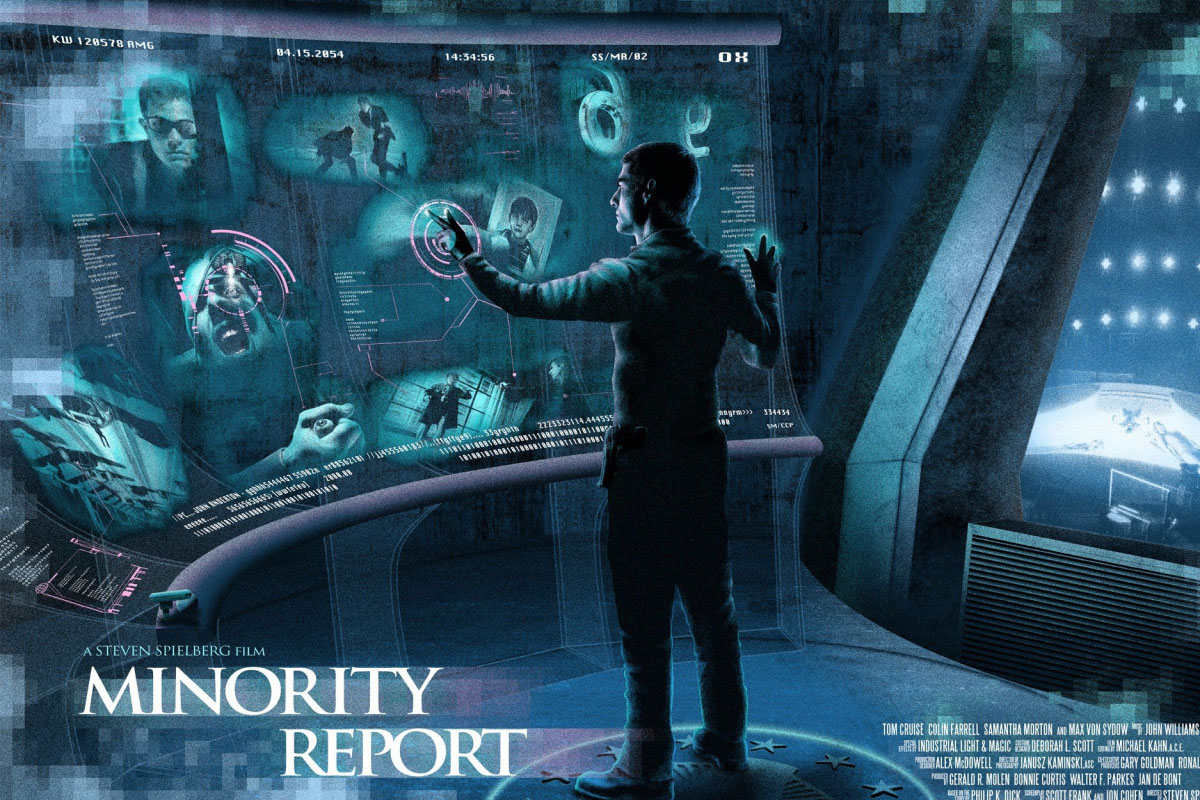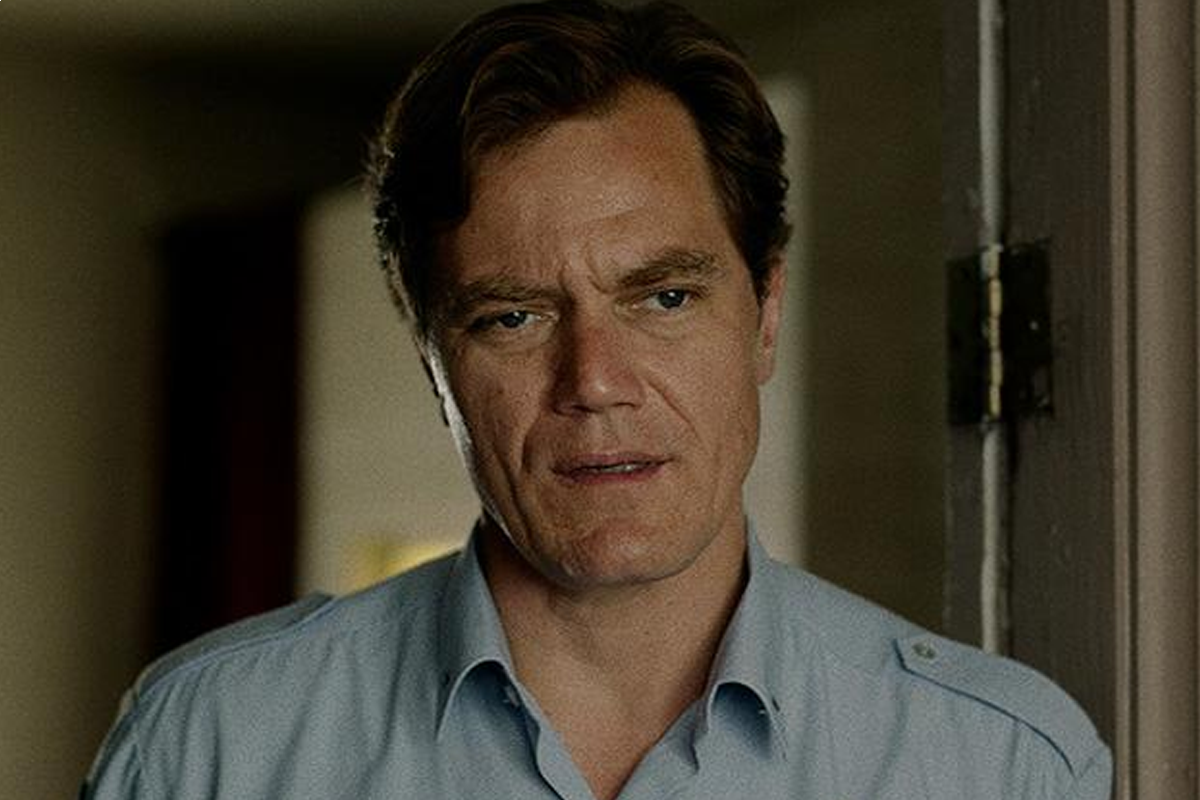Minority Report is a movie obsessed with what we can see, and that seeing is believing. The Department of Precrime is b...
- Woo Do Hwan and Lee Min Ho closer than brothers in “The King: Eternal Monarch”
- See the trailer for Michael Shannon "The Quarry"
- Director Quentin Tarantino revealed about "Kung Fu" movie on podcast
Minority Report is a movie obsessed with what we can see, and that seeing is believing. The Department of Precrime is based on visions of the precogs.
The precogs only give out little bits of information and it’s up to detectives to piece them together into a narrative that makes sense of an upcoming murder. John Anderton, a man haunted by visions of his past where his son was kidnapped and never found, now devotes his life to visions of the future even though, as the film unfolds, these visions are far from ironclad despite the religious implications put upon the precogs (the film comes right up to the line of calling them “oracles”, their dwelling is nicknamed “the temple”, and even one of John’s fellow detectives remarks, “We’re more like clergy than cops.”).

People want to believe that the precogs are infallible, so they build the case around that. As is so often the case with human nature, believing is seeing rather than the other way around.
And yet the world presented in Minority Report, a world that has cut down on 90% of murders, is not a “better” or “more just” world. It’s a world with a filthy underbelly where the surveillance state hasn’t solved poverty or improved people’s lives. Rather than a pleasant dystopia, Spielberg and cinematographer Janusz Kaminski shoot almost the entire movie in greys and blinding lights, a world where nothing is clearer, just more sterile until you need a crime like getting your eyeballs replaced. But even in the scene where the cops send “spiders” around to scan everyone’s eyes, it’s all a matter of what we don’t see.

The cops are looking for John, but they miss all the human tragedy around them whether it’s the scared family or the bickering couple or the dilapidated surroundings. As is often the case with Minority Report, just because something has your focus, that doesn’t mean you’ve seen the whole picture.





